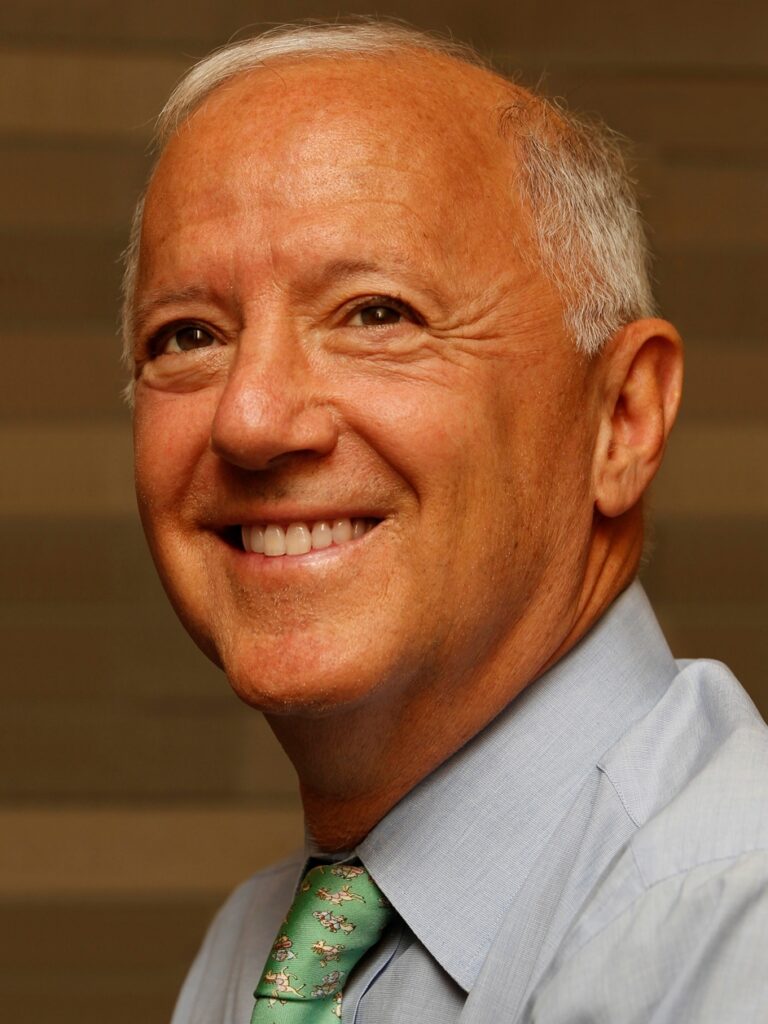Thursday, May 18, 2017 | 9:00 AM EDT - 10:45 AM EDT
Citigroup |, New York, NY
Foreign direct investment (FDI) flows are an increasingly important dimension of U.S.-China economic relations. In recent years, U.S.-China FDI has evolved into a two-way street, with combined annual investment reaching almost $60 billion in 2016. China has also evolved from being almost exclusively the receiving partner in this process – through 2009, making annual investments in the United States that were only a fraction of U.S. investment in China – to the principal sending partner, accounting for more than three quarters of total bilateral investment last year.
Although there is still significant room for growth, recent political developments are changing the outlook. In the United States, the rapid increase in Chinese investment has rekindled concerns about the national security and economic implications of foreign acquisitions, driving the Trump administration and Congress to re-evaluate long-standing FDI policies. In China, concern among the leadership about capital flight has led it to restrict outbound investment. Simultaneously, in an attempt to reverse slowing inflows of FDI, Beijing is promising fairer treatment to foreign firms.
As part of the U.S.-China FDI Project, the National Committee on U.S.-China Relations and the Rhodium Group released an updated report reviewing last year’s investment data and the outlook going forward. Two Way Street: 2017 Update | U.S.-China Direct Investment Trends, breaks down bilateral investment sector by sector, and considers the challenges ahead as well as the options available to policy makers in Beijing and Washington. On May 18, 2017, the National Committee and Rhodium Group held a briefing to discuss the implications of the data, and provide analysis of recent policy changes affecting U.S.-China FDI.
This report is produced in conjunction with New Neighbors: 2017 Update, which takes an in-depth look at the footprint of Chinese investment by congressional district.

Thilo Hanemann
SReport author Thilo Hanemann is director of Rhodium Group’s cross-border investment practice. His research assesses new trends in global trade and capital flows, related policy developments, and the political and commercial dynamics of specific transactions. Mr. Hanemann’s most recent work focuses on the evolution of China’s international investment position, and the economic and policy implications of this new trend. He is a frequent speaker and commentator on China’s outward investment and has published numerous reports and articles on the topic. He is also a Senior Policy Fellow at the Mercator Institute for China Studies, Europe’s biggest China think tank, located in Berlin.

Stephen A. Orlins
Stephen A. Orlins has been president of the National Committee since 2005. Prior to that, he was the managing director of Carlyle Asia and the chairman of the board of Taiwan Broadband Communications, one of Taiwan’s largest cable television and high speed internet providers. Prior to joining Carlyle, Mr. Orlins was a senior advisor to AEA Investors Inc., a New York based leveraged buyout firm, with responsibility for AEA’s business activities throughout Asia. From 1983 to 1991, Mr. Orlins was with the investment banking firm of Lehman Brothers where he was a Managing Director from 1985 to 1991. From 1987 to 1990, he served as President of Lehman Brothers Asia. From 1976 to 1979, Mr. Orlins served in the Office of the Legal Advisor of the United States Department of State, first in the Office of the Assistant Legal Advisor for Political-Military Affairs and then for East Asian and Pacific Affairs. While in that office, he was a member of the legal team that helped establish diplomatic relations with the People’s Republic of China. Mr. Orlins is a magna cum laude graduate of Harvard College and earned his law degree at Harvard Law School. He speaks Mandarin Chinese and is a member of the Council on Foreign Relations.

Daniel H. Rosen
Report author Daniel H. Rosen is a founding partner of Rhodium Group and leads the firm’s work on China. Mr. Rosen has more than two decades of experience analyzing China’s economy, corporate sector and US-China economic and commercial relations. He is affiliated with a number of American think tanks focused on international economics, and is an Adjunct Associate Professor at Columbia University. From 2000–2001, Mr. Rosen was Senior Adviser for International Economic Policy at the White House National Economic Council and National Security Council. He is a member of the Council on Foreign Relations, and board member of the National Committee on US-China Relations.
